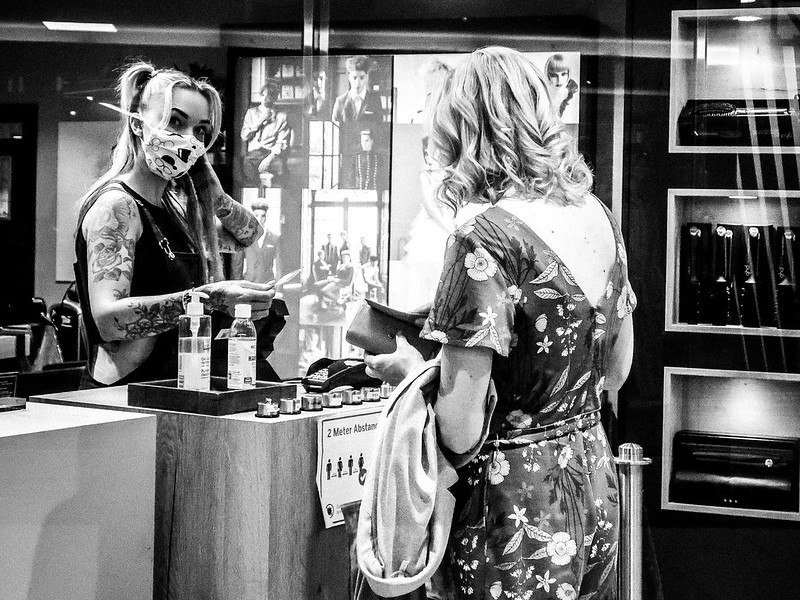I walked up to the front door of my health club and waited. The owner opened the door and beckoned me in; he was not armed with a touchless thermometer.
“You can just walk in now,” he said.
“Well, that makes your job easier,” I replied.
“Yours, too!” he said. “Just scan your card and you’re good to go.”
Here’s the thing: I always knew that getting my temperature taken was jive. The CDC concluded pretty early on that temperature is not a reliable indicator of infection with Covid-19. All that work to take people’s temperature achieved nothing as far as health was concerned; not a single feverish person had arrived at our club in the last year.
So I’m happy enough that we don’t have to do it anymore. However, something positive came with the useless waste of time and batteries: people started to get to know each other.
Making connections
Before Covid, I didn’t know the owner of my club by sight, and certainly had never had a conversation with him. But as club membership dwindled and we were forced to exercise outside (fine for me, since I swim), club employees left, too. Soon it was usually the owner who checked people in, and we got to chatting.
In the past, I was happy to see the front desk manned by one of the more personable employees, but often the young person at the desk was more interested in their phone than the club members. The forced interaction at the club’s front door came from something horrible, but created something meaningful.
Let’s identify the changes we like
As I write, the world at large is gripped—in some places—with a worse situation than ever. The loss of life is tragic. But in coastal California, it really feels like things are getting back to normal. Cars full of kids head to school in the morning. Neighbors who had been out and about during the work day are disappearing back into their jobs.
These changes are part of a return to normal life, but they don’t have to be a return to the parts of that pre-pandemic life that weren’t so great.
Families are spending more time together than they did in their busy, pre-pandemic lives. (And they’re mostly happy about that!)
Adults are rediscovering passions or pursuing new ones.
Some kids have found that distance or hybrid learning actually works better for them.
…and try to make them stick
There’s no reason why we have to go back to “normal.” Normal, well…. normal sucked. The traffic. The overly busy families. The poor being evicted from their homes. The sterile interactions with people in our community. The people whose job it is to connect with you looking at their phones…
Let’s make sure to identify those things in our lives that have improved, and remember that as life gets back to normal, we can make them part of our new normal.




